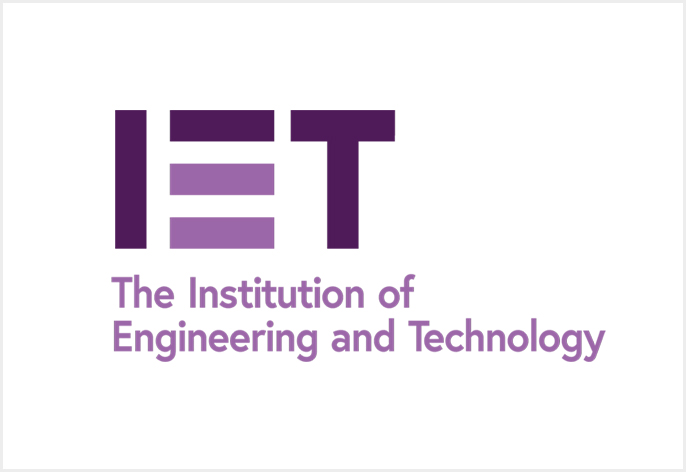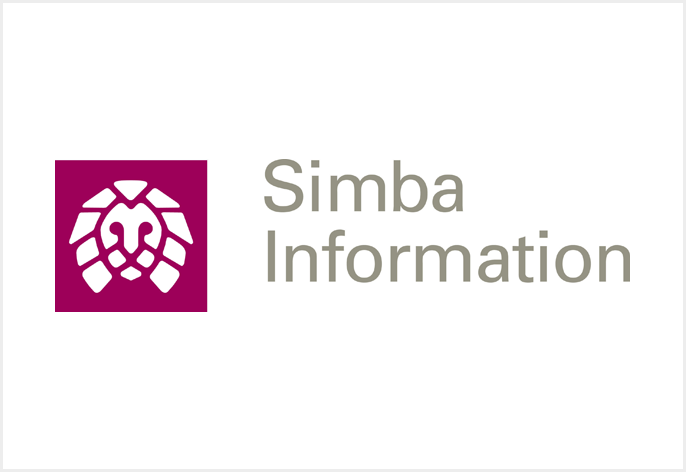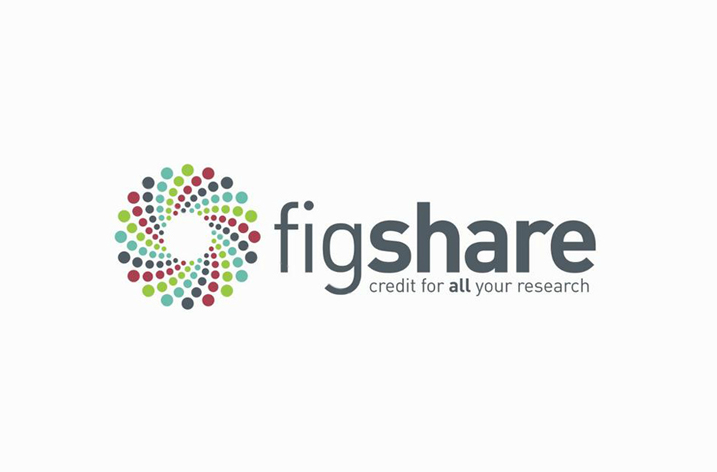ConTech Pharma on 1st and 2nd March features a phenomenal speaker line up including Roche, SciBite, Protocols.io, Molecular Connections, Springer Nature and the Cambridge Crystallographic Data Centre will discuss FAIR data.
- What has been done to date that illustrates the benefits of FAIR data implementation to enable Digital Transformation?
- What challenges need to be overcome to effectively leverage FAIR data implementation for Digital Transformation and how can this be achieved?
- FAIR data management can be seen as one enabler of digital transformation. What are the major areas of practical challenge for data management and governance to enable digital transformation? Are they likely to include 1) implementation of a smart mix of technologies, procedures, and policies 2) training and mindset shift for smart people and 3) culture change (often major) for big organisations? What other challenges are important to tackle? For example, reducing the complexity of the landscape for the numerous players in the supply chain ecosystem?
- How can both new and existing community-wide initiatives involving publishers, technology vendors, and industry continue to influence and drive change to better enable Digital Transformation?
If you are a publisher, content strategist or curator, R & D scientist, pharma or digital healthcare professional and this resonates it’s time to register for this event. Senior executives from across Pharma and Publishing already registered – join them at ConTech Pharma and take the plunge, register here: https://www.contech-event.com/ConTechPharma2022
































